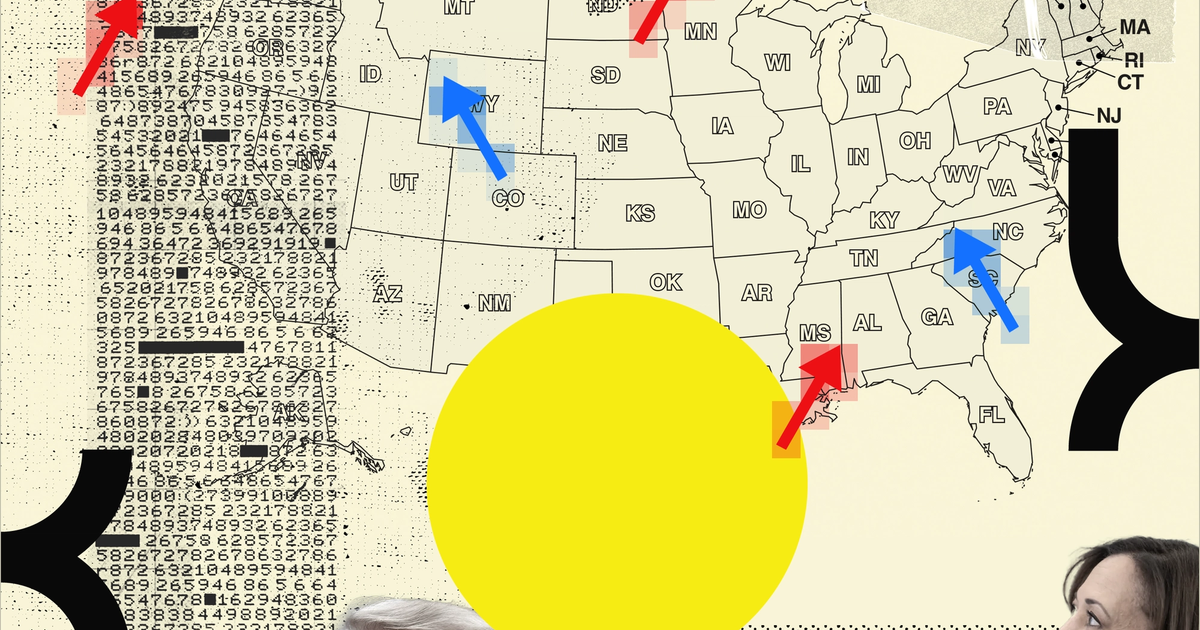Summary:
Aaru predicts a narrow victory for Kamala Harris if bots could vote.
Polling is an inexact science, often leading to errors.
Aaru's chatbots can deliver faster and cost-effective polling results.
Chatbots provide insights into voting decisions, enhancing traditional polling data.
We'll revisit Aaru's predictions after the election results are in.
Aaru's Unique Approach to Polling
If only bots could vote, this election might be extremely close — with a narrow victory for Kamala Harris. This might sound like a concept pulled from dystopian science fiction, reminiscent of Isaac Asimov’s Foundation series or the killer robots from TV’s Westworld (minus the enslavement of humanity, at least for now).
The Inexact Science of Polling
Polling attempts to divine population intentions by sampling a subset of the group, which often leads to errors due to the decreasing number of people willing to participate. Aaru’s chatbots, however, are always ready to respond, and their aggregated answers could, in theory, reflect reality better than traditional polling methods.
Competitive Advantage
Aaru’s system doesn’t need to outperform traditional polls drastically; it only needs to match their accuracy to demonstrate its value through speed and cost-effectiveness.
Insights from Chatbots
Unlike numerical polling systems, Aaru’s chatbots leverage language models that allow them to explain their voting decisions. For example, one agent, portraying a divorced woman from a Colorado suburb, switched from Trump to Harris after reflecting on issues like social media and online privacy. She stated, “I value my independence and freedom online, and I’m very wary of government overreach.”
Conclusion
Ultimately, as we await the election results, we’ll revisit these predictions to see how closely the bots aligned with reality.







Comments